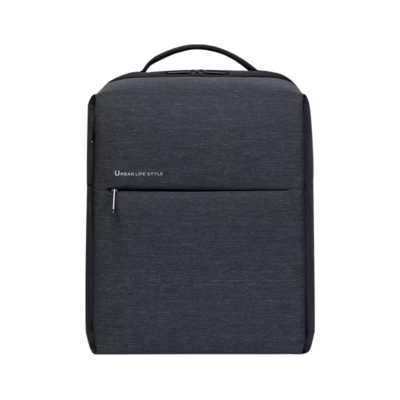You’re not alone if you’re stuck wondering whether you need an air filter or an air purifier in Sri Lanka. They sound similar, but they’re not the same. The difference matters when you’re buying the right one for your home.
What’s the Main Difference?
An air filter removes dust and dirt by trapping them in a mesh or pleated material. An air purifier removes smoke, odors, bacteria, and viruses using special technology, such as HEPA filters, UV light, or carbon.
Now, let’s break that down so it’s easier to choose what fits your home, budget, and health needs.
Understanding the Basics
What’s an Air Filter?
An air filter is part of your heating or cooling system. It’s usually made of fiberglass or pleated fabric and sits where air flows. The filter catches particles like dust, pollen, or pet hair as air passes through it.
It works like a net. It sits in the airflow path, usually inside your furnace or AC. As air blows through, dust and particles get stuck in the mesh.
The finer the mesh, the more it traps. However, this also means you’ll need to change the filter more often to keep the air moving freely.
Filters come in different sizes and strengths. The higher the MERV rating (1 to 16), the smaller the particles it catches. However, higher ratings also make it harder for air to pass through.
A good air filter protects your HVAC system and reduces dust. However, it won’t clean out odors or germs. That’s where air purifiers step in.
What’s an Air Purifier?
Air purifiers are machines that pull in air, clean it using one or more technologies, and push it back out. They don’t connect to your HVAC system. You plug them in like a fan.
It passes through one or more stages:
- A HEPA filter catches tiny particles (like pollen or mold).
- A carbon filter traps smell (like smoke or cooking odours).
- UV light kills germs or viruses.
- An ionizer releases charged particles that stick to pollutants and pull them to the floor or a collection plate.
Most purifiers use HEPA filters that trap fine dust, smoke, pet dander, and allergens. Some use carbon filters to trap smells. Others add UV light or ionizers to kill bacteria and viruses.
If your air smells stale, or if you have asthma, allergies, or pets, purifiers help. They handle what filters can’t.
Comparison Table
| Feature | Air Filter | Air Purifier |
|---|---|---|
| Where It Goes | Inside HVAC system | Plug-in machine |
| What It Removes | Dust, pollen, pet hair | Dust, smoke, smells, bacteria |
| Filter Type | Fiberglass, pleated | HEPA, carbon, UV, ionizers |
| Best For | Protecting HVAC, basic dust | Allergies, asthma, pet owners |
| Maintenance | Replace every 1–3 months | Clean or replace every 6–12 months |
| Cost | Low upfront and upkeep | Higher price, ongoing upkeep |
What Should You Choose?
Do You Have Allergies or Asthma?
Go for an air purifier. It cleans more than just dust—it targets allergens and can trap particles as small as smoke and mold.
Filters help, but they only go so far. They miss things like bacteria or strong odours. A purifier fills in that gap and makes breathing easier, especially during allergy seasons or if you’re sensitive to indoor air.
Do You Have Pets or Smokers at Home?
Use an air purifier with a carbon filter. It handles smells and finer particles that filters can’t touch.
Even if your vacuum is strong, pets shed constantly. Cigarette smoke and cooking smells hang in the air, but purifiers remove those lingering odors.
Do You Want Less Dust?
A high-MERV air filter is enough to trap dust, pollen, and large particles.
If your nose isn’t too sensitive and you want cleaner air for your AC or heater, a MERV 8–13 filter will do just fine.
Are You on a Tight Budget?
Start with a good air filter and replace it on time. If needed, you can always add a purifier later.
Purifiers cost more upfront and need regular upkeep, so if you’re watching costs, a quality filter is the better first step.
Can You Use Both?
Yes, using both gives you the best air quality. A filter protects your HVAC system, while a purifier targets deeper issues like odours and germs.
Combining both makes a big difference if your house feels stuffy or if you’re often sneezing indoors. The filter catches the big stuff, and the purifier handles what slips through. Together, they work better than either one alone.
Place the purifier in the room you spend the most time in, such as your bedroom or living room. Remember to change your filter every few months so your system keeps running smoothly.





